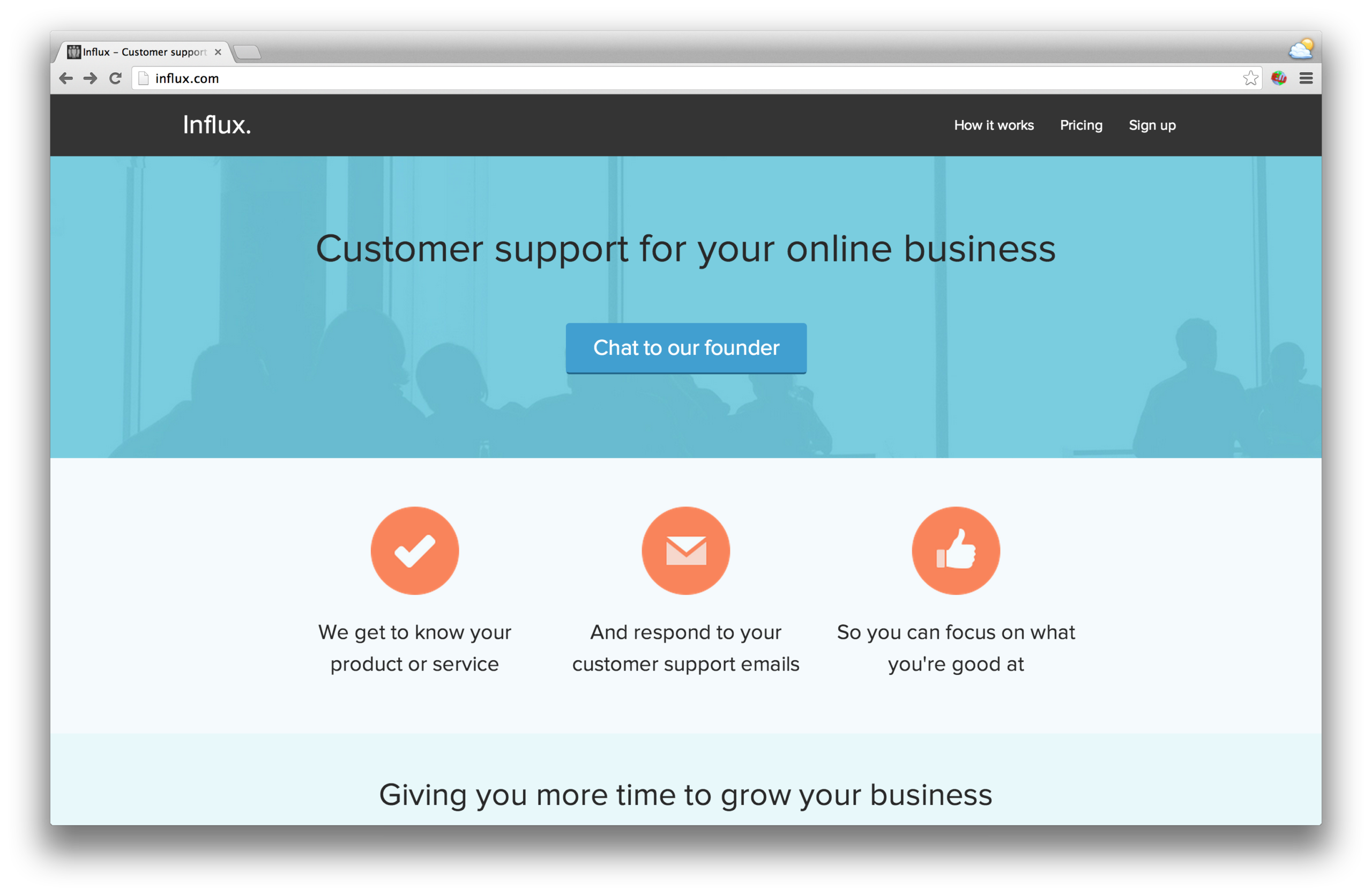 A Q&A with Birdback co-founder and CEO Nicolai Watzenig. The London-based startup, which is a platform that links retail loyalty and marketing programs to customers’ credit and debit cards, announced the closing of a £2.4 million funding round in early February. Investors include Passion Capital, Playfair Capital, Paul Nikkel and Luke Johnson. The company was founded in 2012 by Watzenig and CFO Steffen Thilsted, and this is its first round of venture funding.
A Q&A with Birdback co-founder and CEO Nicolai Watzenig. The London-based startup, which is a platform that links retail loyalty and marketing programs to customers’ credit and debit cards, announced the closing of a £2.4 million funding round in early February. Investors include Passion Capital, Playfair Capital, Paul Nikkel and Luke Johnson. The company was founded in 2012 by Watzenig and CFO Steffen Thilsted, and this is its first round of venture funding.
SUB: Please describe Birdback and your primary innovation.
Watzenig: Birdback helps retail and advertisers to link special offers, vouchers and loyalty programs directly to customers’ existing credit and debit cards. This means they can take advantage of these programs without having to remember print outs, coupons or physical loyalty cards.
SUB: Who are your target markets and users?
Watzenig: We’ll soon be announcing the biggest affiliate publishers we work with, who in turn work with the biggest retailers out there. But Birdback will soon play a role in the transactions of most major retailers.
SUB: Who do you consider to be your competition, and what differentiates Birdback from the competition?
Watzenig: The growth of card-linked offers has been quite stifled by how it has existed so far. Programs either only work with one bank’s customers or only for one chain of retail.
Nobody can offer such broadly available card-linking technology. Most programs work with either one bank or one retailer; but because Birdback works on the acquiring and processing side, it’s completely agnostic to all those factors. This is what makes the difference and is driving such great growth.
SUB: You just announced that you’ve raised £2.4 million in venture funding. Why was this a particularly good time to raise funding?
Watzenig: We’ve been hard at work on the technology behind Birdback up until this point. Now we’re entering a stage of card providers and payment processors that only speak in a world of millions of dollars. This funding is helping us meet demand in that field and spread Birdback across the world.
SUB: How do you plan to use the funds?
Watzenig: We’re investing in the team here to continue to spread the message of a technology that many organizations still don’t even know is possible. To do that, we’re investing in the team and building the partnerships that will open peoples’ eyes.
 SUB: What was the inspiration behind the idea for Birdback? Was there an ‘aha’ moment, or was the idea more gradual in developing?
SUB: What was the inspiration behind the idea for Birdback? Was there an ‘aha’ moment, or was the idea more gradual in developing?
Watzenig: Around the time when a new wave of payments startups were emerging, we started looking at what problems were still out there in that area. One that leapt out immediately was this area of paper vouchers and apps. We quickly realized that the old fashioned card number wasn’t going anywhere, and offered an opportunity to piggyback and supply a superior customer experience.
SUB: What were the first steps you took in establishing the company?
Watzenig: The founders met in San Francisco—two of us already working at design marketplace Iconfinder and the other a tech consultant from the Danish scene solving key problems for a global ticketing company.
We’d all previously experimented with startups solving offline problems through data, and became more-and-more interested in the opportunity to provide the same metrics and quality of experience that the online industry has thrived on. Sensing the growing possibilities to close the gap between online and offline payments, we moved to London to start Birdback.
SUB: How did you come up with the name? What is the story or meaning behind it?
Watzenig: Quick answer: It was catchy and available.
SUB: Do you have plans to seek additional outside funding in the near future?
Watzenig: We are proud to have some of the smartest investors helping us capture a really big opportunity in closing the online-to-offline gap. There may be a point where we look to raise funds for consolidating new markets and scale-up certain areas of the business.
SUB: What have the most significant challenges been so far to building the company?
Watzenig: As with most new innovations, timing is crucial.
SUB: How do you generate revenue or plan to generate revenue?
Watzenig: We have several revenue models, from a traditional revenue share with publishers and retailers to a more commission-driven model where we take a percent value created from the marketing services we provide.
SUB: What are your goals for Birdback over the next year or so?
Watzenig: Our goal in the next 12 months is continuing to develop the UK market and launching internationally with several partners in places like Brazil.








